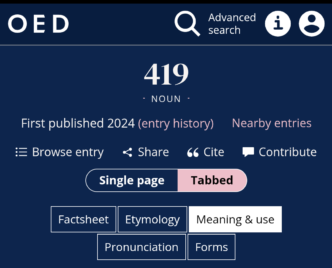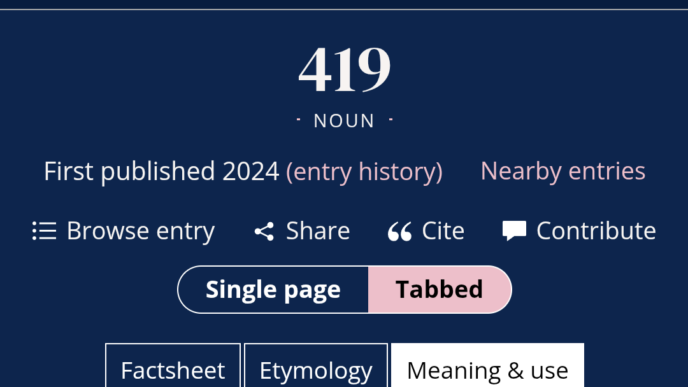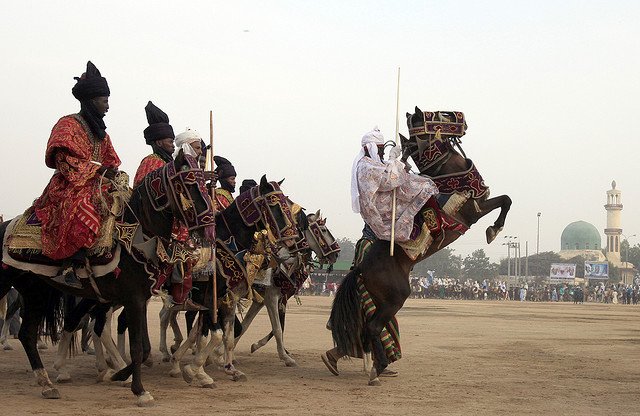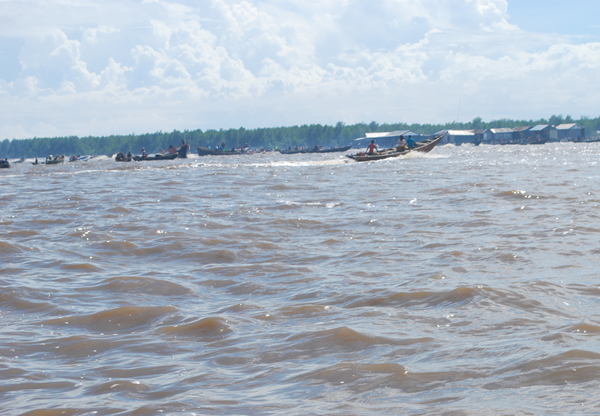BY ELIZABETH CHISOROM CHUKWU
A farmer in the 1800s owned a modest land plot, and every morning, the farmer would wake at dawn to till the soil and plant crops, while hoping for a good harvest. Nearby, neighbouring fields are fenced off and sold to a wealthy landowner upon the privatisation of common lands, and this farmer, squeezed by debt and unable to compete, sells their land for a fraction of its value. The landowner doesn’t plant a single seed but waits.
Over time, the land’s value appreciates and is sold at a massive profit, while the farmer, now landless, has no choice but to seek work in factories springing up in towns and cities. This farmer’s story is a snapshot of capitalism’s foundation: the transformation of wealth’s nature—money, more than a tool for trade, is a tool for power. Land, once a shared resource, became a commodity. Those who controlled money bought it, forcing those without it into cycles of dependence.
Fast forward to today, and the echoes of this power imbalance can still be heard loud and clear.
Advertisement
The problem money was meant to solve
Historically, trade was a simple exchange of goods and services, also known as “barter.” Person A has wheat, and Person B has fish, so they exchange based on mutual needs. However, barter had an obvious limitation: the double coincidence of wants. What if Person A wanted fish, but Person B didn’t wish for wheat? Well, money was the answer. It was a universal token of value that could be exchanged for anything.
At first, money worked as intended. It was a great equaliser, solving the double coincidence of wants and enabling efficient trades. Over time, however, its abstraction of value allowed power to attach itself to it. Unlike barter, where value remained intrinsic to the goods exchanged, money became a repository of potential power. With enough money, people could claim things others relied on for survival, such as land, resources, and even labour. The Enclosure Acts in England and Wales demonstrated this perfectly: those with money privatised common land, while those without were left dependent on the emerging capitalist system.
Advertisement
The shift to capitalism: Money as power
Capitalism arose alongside industrialisation, replacing farms with factories and barter with wages. The system seemed fair: workers were paid for their labour, and owners reaped the rewards of risk-taking and investment. But beneath this surface lay a fundamental imbalance.
Here’s how it works: A factory worker might toil 12 hours a day making shoes. Their labour produces $200 worth of shoes daily, but their wages are just $20. Where does the other $180 go? To the factory owner. This surplus value drives capitalism. The owner reinvests the profit, buys more factories, and earns even more, all without personally making a single shoe.
A 2021 study by the Economic Policy Institute found that CEO compensation in the United States grew by 1,322% between 1978 and 2020, while the average worker’s wages grew by just 18%. This widening gap exemplifies how capitalism rewards those who control capital, not those who produce value. More enlightening on the globalisation of income inequality is perhaps the 2023 Oxfam report, which found that the wealthiest 1% captured nearly two-thirds of all new wealth generated since the pandemic began. An example closest to home, published in an Oxfam report, is that the richest 0.003% of Nigerians have 1.4 times more wealth than 107 million Nigerians. How alarming is that?
Advertisement
Let’s return to the wealthy landowner from our story in the beginning. By owning land, they control more than the soil. They also control the people who depend on that soil. A striking example comes from Ethiopia, where foreign investors acquired millions of hectares of land between 2008 and 2018. Many local farmers were evicted, losing their homes and livelihoods. Still, the investors were simply exporting goods for profit, not planting crops for local markets or affecting the communities beyond displacing them. This isn’t about farming; it’s about power.
This dynamic plays out on a global scale. Those with vast amounts of capital can influence governments, shaping policies and even determining societal priorities. Consider the role of billionaires in shaping public policy through lobbying or philanthropy, which often serves their interests. For example, a 2014 study by researchers at Princeton and Northwestern Universities found that in the U.S., economic elites and organised business interests have substantial influence over government policy, while average citizens have little to none.
This is capitalism’s defining flaw: it commodifies everything. Land, labour, education, and basic human needs like water and healthcare are now subject to price tags, often excluding those without sufficient funds. In many cases, private entities acquiring these resources exacerbate the inequality. Thus, those with money, set the terms, while those without struggle to keep up.
What It All Means
Advertisement
The story of capitalism isn’t just about money. It’s about power—who has it, how they use it, and who gets left behind. Money was meant to simplify trade, but under capitalism, it has become a tool for exploitation. Those who work the hardest often receive the least, while those who own the most grow richer without contributing value.
This isn’t inevitable. Other economic systems, from cooperatives to social democracies, offer alternative ways of organising wealth and production. But to imagine a different future, we must first confront the flaws of the present.
Advertisement
By revisiting the original purpose of money, as a tool for trade rather than a means of control, we might begin dismantling the structures that allow capitalism to concentrate power in the hands of the few. The question is not whether capitalism has delivered progress—it has—but at what cost, and for whose benefit?
Elizabeth Chukwu is a corps member at Nigeria’s Institute for Peace and Conflict Resolution, Abuja; she writes via [email protected]
Advertisement
Views expressed by contributors are strictly personal and not of TheCable.
Add a comment








